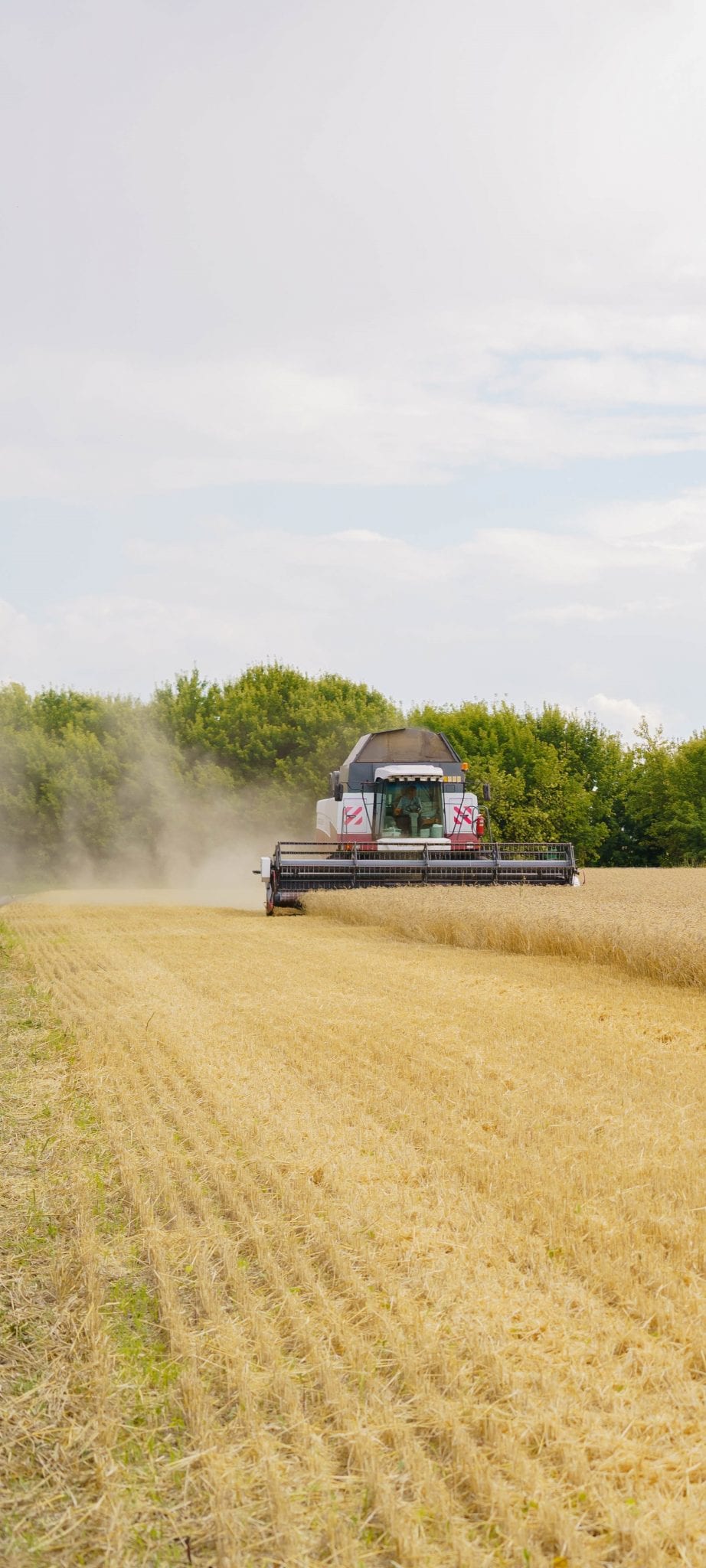All too often in agricultural research and development, farmers are seen to be just the end users. In fact, only 1% of agricultural research in the UK goes to projects that are farmer-led.
Dan Iles, Communication Manager at Innovative Farmers, outlines the arguments for including farmers from the outset: ‘Since 2012 we’ve launched more than 100 farmer-led research projects on a wide range of topics. Here’s why we believe this model of research isn’t just valuable to the farmers but the whole industry.’
1 Farmers have invaluable ideas and experience
The best ideas in farming often come from farmers. Whether it’s trying a new variety or breed, using a bit of kit in a different way, or responding quickly to unpredictable weather, trialling, testing and hands-on research is part of the day-job. But unfortunately, you find many farmers have resorted to going it alone, or worse, not making their idea a reality because the risks of failure are too high. Innovative Farmers matches farmers with stakeholders that are interested in the solutions that farmers have to offer. Even when a small amount of funding is offered, the barriers to testing innovations can be substantially lifted. Find out more about the farmer-led research in our latest field lab journal.
2 Results are more likely to be implemented
A lot of money is wasted reaching out to farmers after often lengthy trial development timescales. Instead, designing field labs that fit into the commercial practice of everyday farming means that these new practices are likely to be implemented in the future. A quarter of farmers surveyed after taking part in a farmer led research trail said they made changes to their farming practices and a further 60 per cent of farmers said they had learned significantly from the process. Farmers trust farmers to tell them what works. And when they know a practice has been practically tested in a farm environment, they feel more confident about trying it out on their own farm. This film shows an example of this where veg growing company Riverford Organic Farmers puts research directly into use.
3 Ideas are tested directly in the real world
Real farming rarely provides a sanitised laboratory environment. Farmer led research instead lies in that sweet spot between the practical realities of farm life and the robust needs of science. Researchers want their job to be relevant to the farming community. And they tell us that co-designing trials with farmers is the best part of their job. And at the end of the trial, their work has been put into practice, rather than just sitting in a weighty journal. This is why many of the UK’s top agri-research organisations have been involved in field labs and more are keen to join every year. For example, this film shows farmers testing a new identification tool in a real farm environment to see if it reduces antibiotics on their farms.
4 Farmers can focus on systems-based innovation
When given the opportunity to test their own ideas for innovation, many farmers opt to trial systems-based solutions. These solutions build virtuous circles on farms, where natural processes replace the need for inputs, building biodiversity at the same time. Farmers involved in the Innovative Farmers network want to work with nature and allowing them the time and resources to do so could be truly revolutionary to agricultural technology of the future. Urgent action is needed to respond to the climate emergency and working directly with farmers is the only way to ensure the priorities of agricultural innovation are correct.
5 Working together gives better results
Both of the following statements are true. No farm is the same. Every farmer can learn from each other. Bringing farmers and researchers together to test ideas is more than the research itself. Creating social fabric within farming communities is vital to ensure their survival. But because no farm is the same, building farmer networks allows farmers to find the practice that is right for their environment. But this doesn’t just apply to farmers. The more stakeholders that are brought together the more everyone in the supply chain can learn what innovations to focus on. Watch this film where Thames Water is facilitating farmer led research into no till and cover crops.
Innovative Farmers is a not for profit network that believes farmers are integral to the research process. This year Innovative Farmers will be supporting a diverse range of farmers to explore with researchers and co-design field labs. Find out more about the network and how to get involved by clicking on the link above.
CHAP’s Data Diagnostics Solution has a range of capabilities, looking to provide advances in remote sensing and diagnostic technology and provide a wealth of data. This includes CropMonitor Pro, designed by Fera to help farmers improve crop yields and select the most efficient pest control strategy possible to minimise the risk of pest and disease. For more information, email us using the contact form below
Please note, the opinions expressed in this article are the author’s own and do not necessarily reflect the views or opinions of CHAP.













